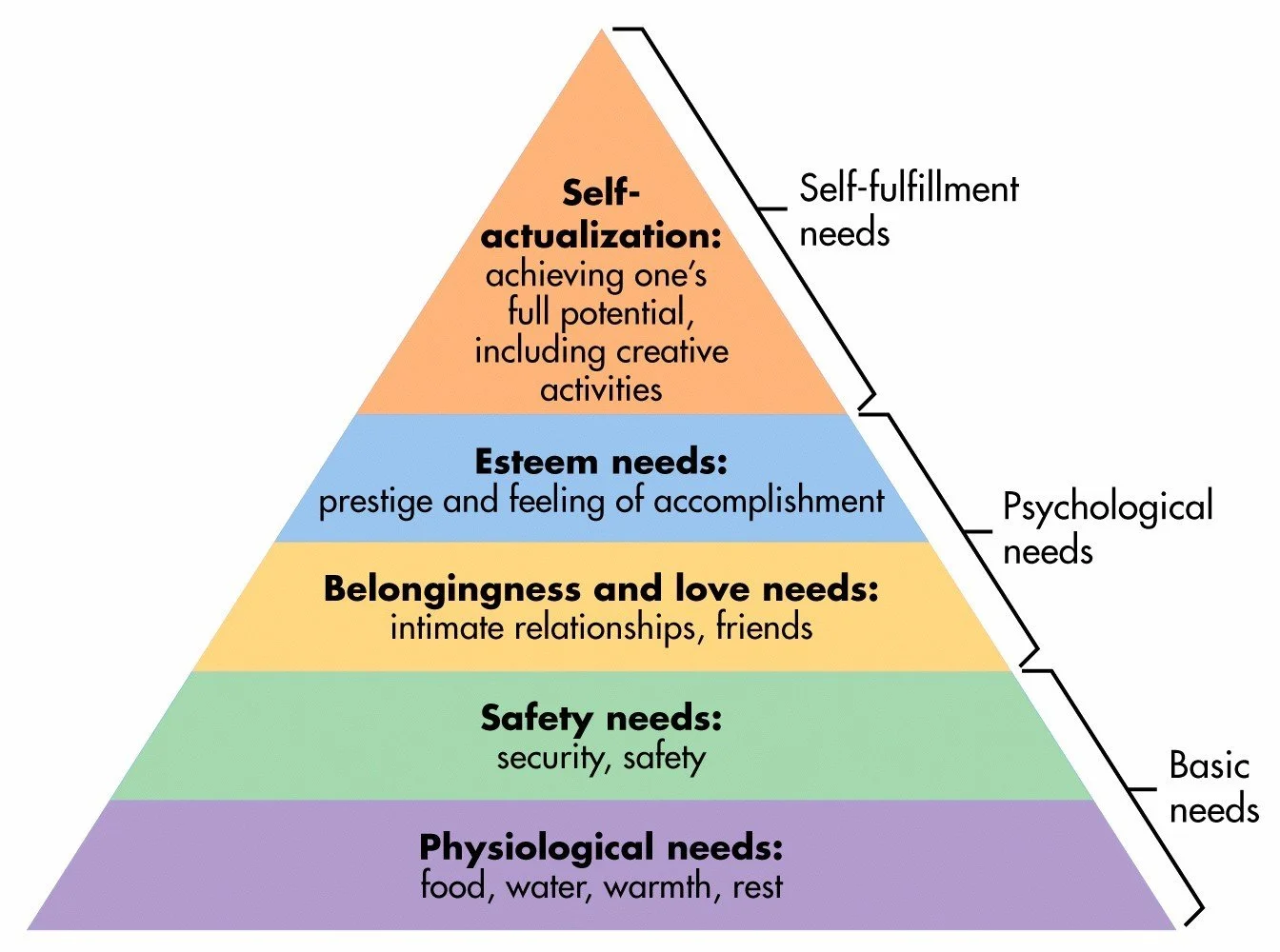Based on all the news reports and crime programmes, it seems that just *avoiding suicide and avoiding murder* are no small achievements in this life.
Sometimes when I see the people involved in murders, I can't help wondering if there's an above-chance prevalence of extreme NTs being involved - those on the more narcissistic end of the NT spectrum, with brilliant social skills and charisma. Often they are good-looking, have no trouble getting married, high-powered jobs, high-flying lifestyles and having affairs. If true, all these seem to be risk factors for murder - as if these people are so confident in life and people's responses towards them, so secure in themselves and their powers, that their minds turn to murder when they have some problem to solve (getting out of a marriage, securing or enhancing their financial position, punishing a partner etc). Whereas more 'normal' people, who are more susceptible to life's knocks and less confident in themselves, would resort to more normal (legal) methods of problem-solving - even living on the streets rather than killing someone or killing themselves.
All this suggests that the aim of life, and therefore a successful life, is managing the fated complexes in our psyches so as to avoid the catastrophes of murder and suicide. Almost anything short of murder and suicide (and crime in general) could be considered functional ways of coping - even though that includes an enormous gamut of behaviours - many frowned upon by society e.g., prescription drugs, smoking drinking, over-eating, under-eating, hoarding. Although many of these can be extremely damaging, they do not have the finality of death so there's always a chance of becoming more psychologically healthy (managing our complexes better), no matter how small.
That said, I identify with Schopenhauer's sober, minimalistic conception of ‘happiness’: "Satisfaction consists in freedom from pain, which is the positive element of life."
If we look at life realistically, rather than childishly or idealistically, it is difficult to refute what he says here:
"If the immediate and direct purpose of our life is not suffering then our existence is the most ill-adapted to its purpose in the world: for it is absurd to suppose that the endless affliction of which the world is everywhere full, and which arises out of the need and distress pertaining essentially to life, should be purposeless and purely accidental. Each individual misfortune, to be sure, seems an exceptional occurrence; but misfortune in general is the rule."
